We may earn money or products from the companies mentioned in this post. This means if you click on the link and purchase the item, I will receive a small commission at no extra cost to you ... you're just helping re-supply our family's travel fund.

You’re gearing up for an open-road adventure where every turn holds promise. Alongside playlists and pit-stop snacks, few unspoken realities can shift a trip from effortless fun to frustrating scramble. From how quickly cell service can vanish to unexpected local curfews, these insights help you navigate with confidence. You’ll arrive prepared, turning potential hiccups into smooth moments, and spend less time worrying and more time soaking in each sunset and roadside discovery.
1. Restroom Gaps on Rural Routes
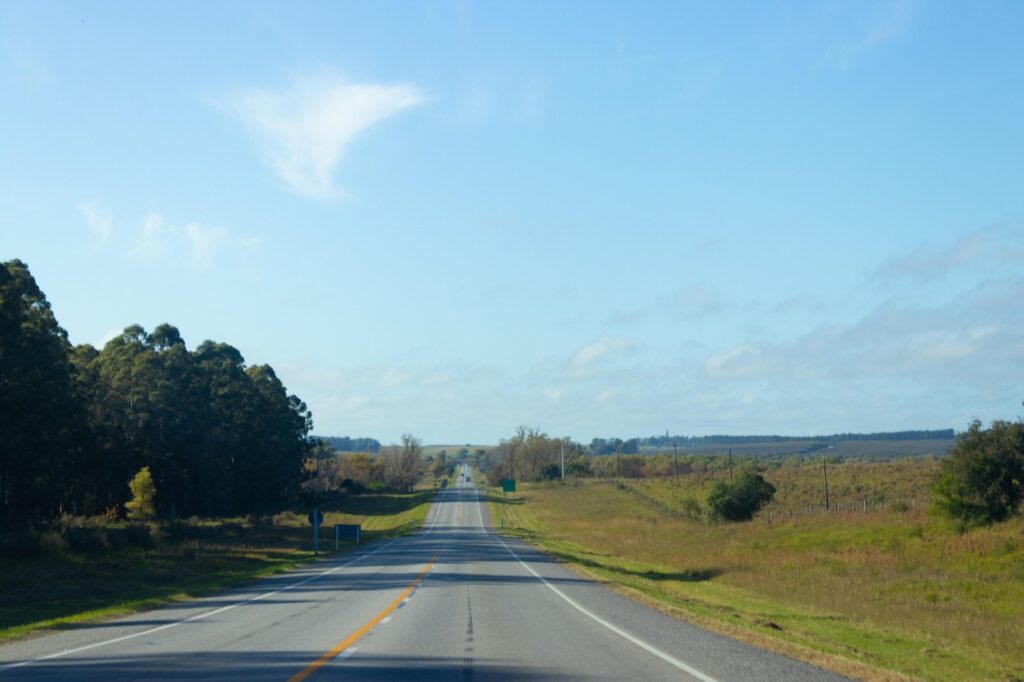
On bustling interstates you’ll find rest areas every few miles, but once you veer onto rural highways, bathrooms can disappear for hours. Some states close welcome centers at dusk, leaving only pay toilets at gas stations—often less than spotless. Bringing flushable seat covers, hand sanitizer, and travel-size wipes can save you from queasy moments. Scope out parks or visitor centers along your route before nightfall; knowing where reliable facilities await keeps the journey relaxed and predictable.
2. Cell Service That Falls Off a Cliff
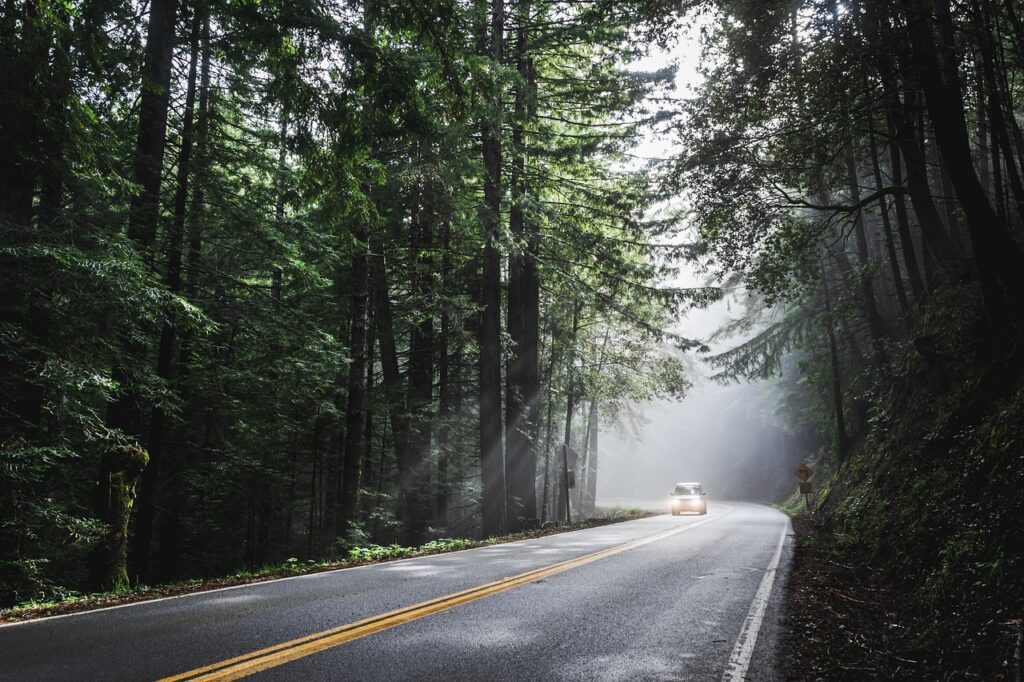
You trust your navigation app until it suddenly loses signal in a mountain pass or desert expanse. Download offline maps or pick up a simple GPS device so you never drive blind. Tell a friend your route before you set out and carry a compact paper atlas tucked in the glove box. Consider a signal-boosting phone case or small antenna if you’re tackling areas notorious for dead zones. Planning for blackout zones means fewer panicked detours and more time admiring the view.
3. Cars Turn into Saunas in Minutes
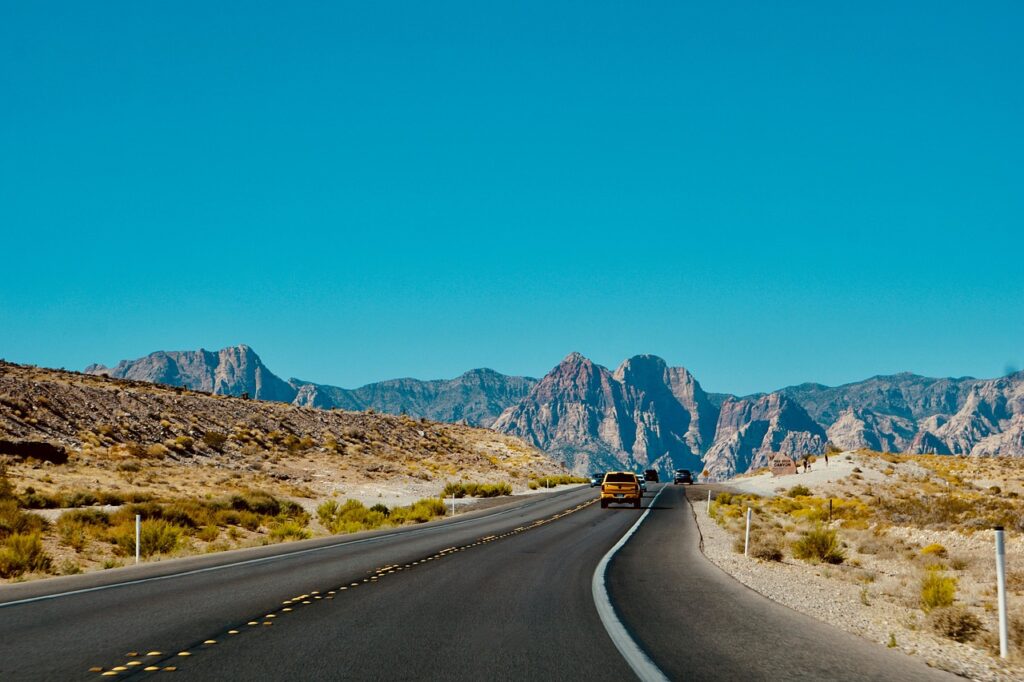
A parked car becomes an oven in no time, even with windows lightly cracked. Leather seats can burn your legs, and electronics overheat fast. Keep a foldable sunshade or lightweight blanket to cover seats and dash, stashing gadgets in insulated pouches. A small solar fan clipped to a window can circulate fresh air immediately. If you plan frequent stops, leave your phone in the trunk or inside a cooler bag. A few simple tools make re-entering your car a relief, not a shock.
4. Roadside Plans Often Don’t Cover Everything
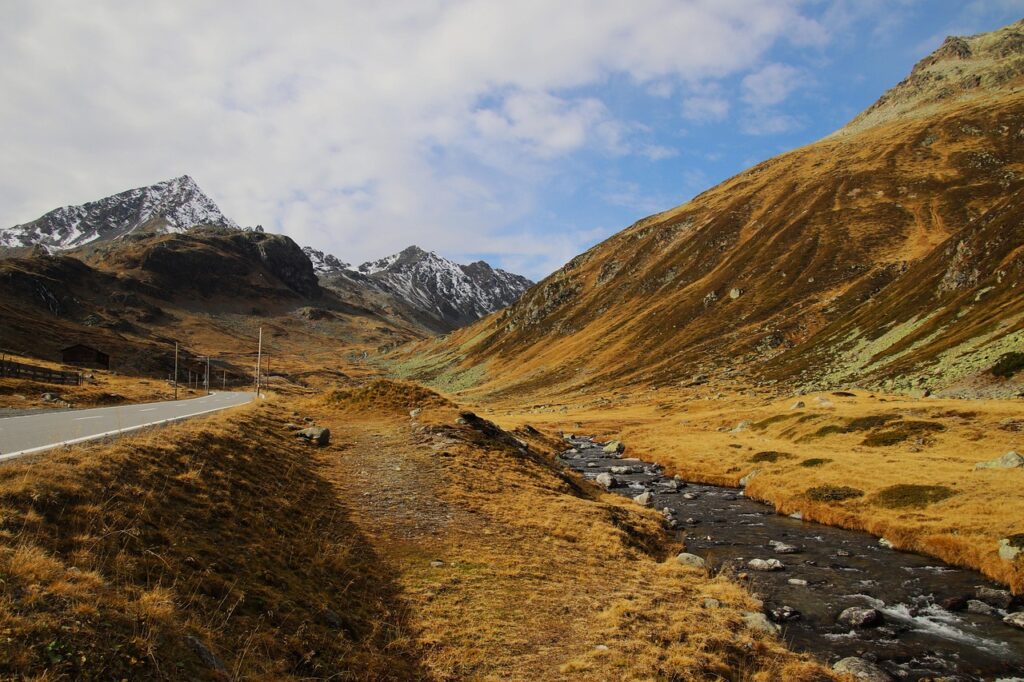
Your roadside assistance might promise a tire change or battery jump, but many plans exclude lockouts, fuel delivery, or long-distance towing. Read the fine print on your policy and upgrade if needed to cover key replacement or minor mechanical fixes. Always carry emergency cash for out-of-network help. Packing a basic toolkit, portable jump starter, and tire repair kit can get you moving again when professional help is hours away. These extras turn you into your own first responder.
5. Fresh Food Disappears After Dark
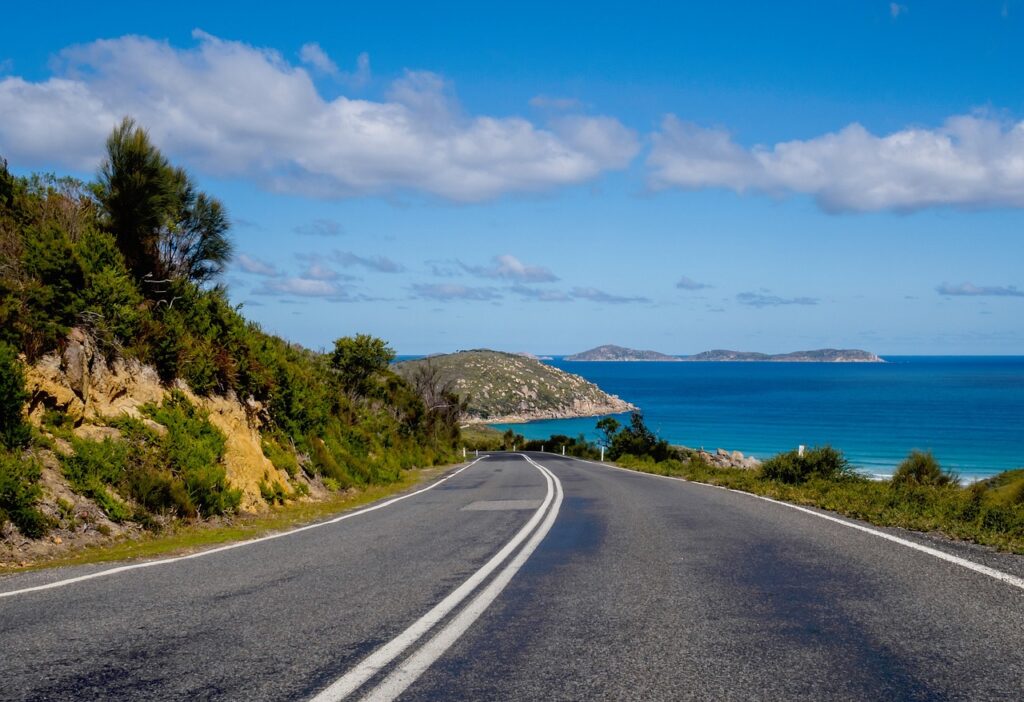
In small towns the only grocery store or deli often shuts by five p.m., forcing you to subsist on gas-station jerky or fast food. Schedule any grocery or farmers market stops before evening. Pack a cooler with fresh fruit, hard cheeses, and grain bars for an energy boost miles from the nearest supermarket. If you spot a roadside farm stand, pull over—even if it’s early—for local eggs or bread. Keeping real food on hand means better meals, steadier energy, and fewer hanger-driven decisions.
6. Solo Female Safety Requires Extra Steps
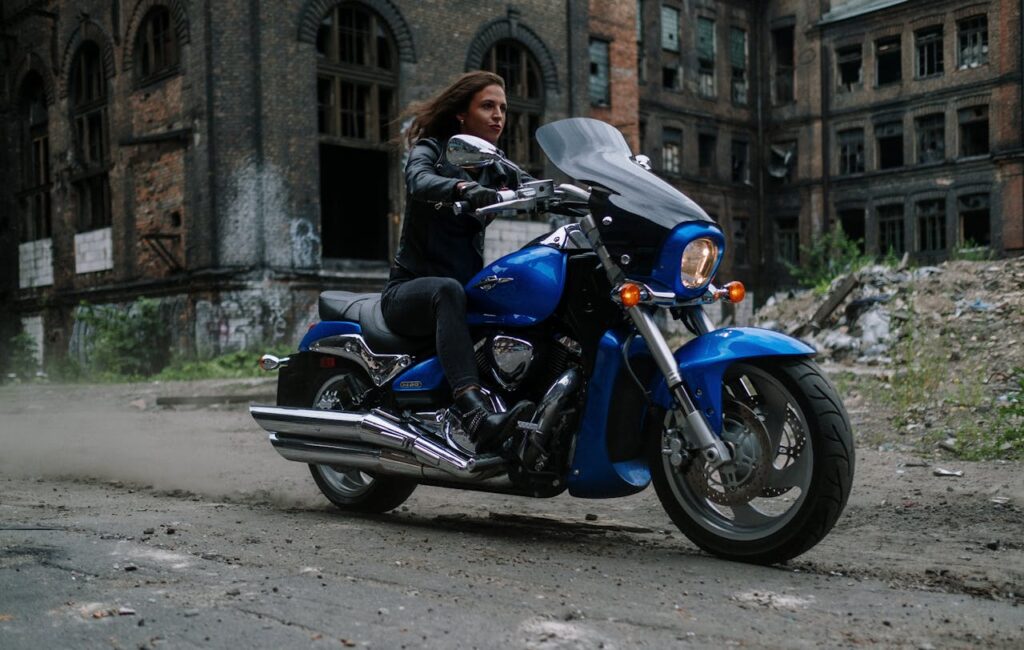
Trust your gut: if a rest area or lot feels off, drive to the next one. Park under lights, near cameras, or by other travelers. Keep doors locked and valuables out of sight. Carry a discreet personal alarm or pepper spray within reach. Share your live location with someone you trust and check in on a schedule. Knowing someone is watching your progress lets you relax and focus on the road. Small safety habits add up to big peace of mind.
7. Weather Swings Demand Quick Adaptation
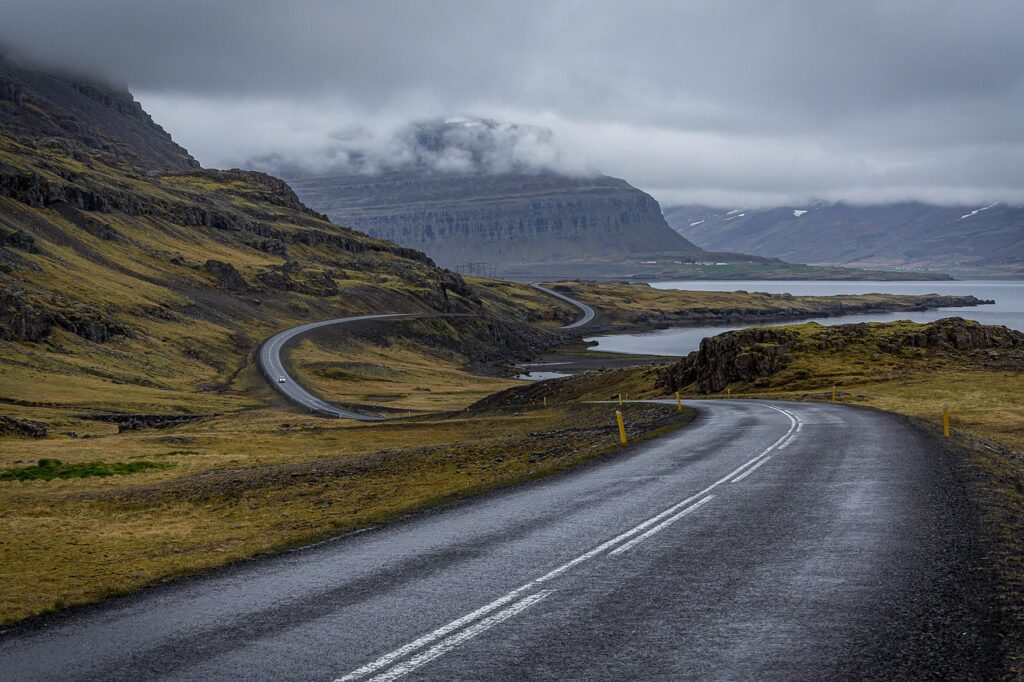
You might start the day in cool mountain air and end it in desert heat. Pack layers that fold into tiny pouches: a lightweight fleece, a packable puffer, and a large scarf or shawl that doubles as sun protection or blanket. Stash a compact umbrella and rain shell for sudden showers. Checking local forecasts before each drive segment helps you adjust clothing and activities. Being ready for temperature swings keeps you comfortable no matter how the landscape changes.
8. Local Rules and Curfews Vary Widely
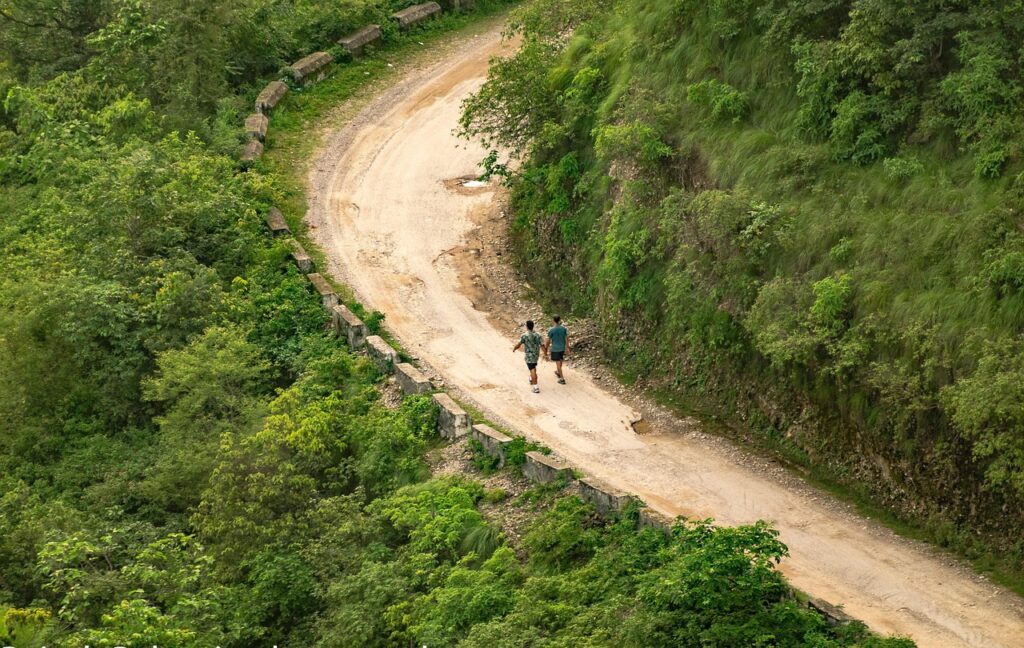
Some towns enforce quiet hours at sundown, closing hotels, diners, and campgrounds early. Others ban alcohol sales after specific hours or limit overnight parking. A quick look at municipal visitor sites or a call to local visitor centers can reveal these quirks. That knowledge steers you to welcoming inns or eateries that stay open late. Awareness of local ordinances means fewer surprises when you need a hot meal, a glass of wine, or just a safe place to rest.